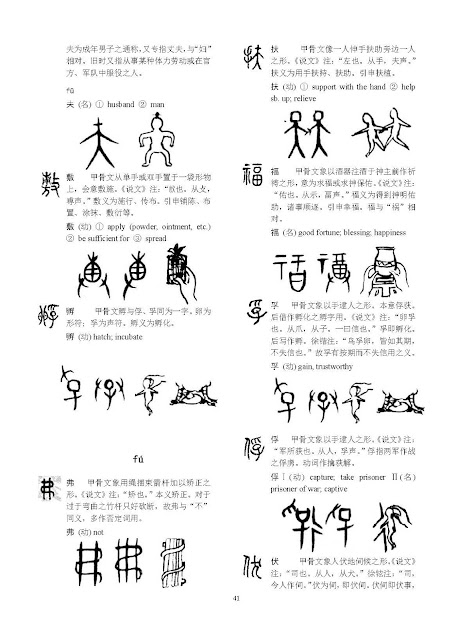

How Can we Run SQL Tuning Advisor For A SQL ID In Oracle Database. Run the SQL Tuning Advisor to find ways to improve it: To view the execution plan of the statement.

To kill the session (should not be used unless absolutely needed). You can search for it to determine the action to take: You can search for it to determine the action toįor the current session. Number of seconds the session has been waiting.Įvent for the current session. Status (active or inactive) and how many seconds the session is in the current The locked object is sharded (Y) or not (N). Of the locked object, i.e., the partition name.

Table locked only for other whole-table operations. The lock, which, most of the time, should be no lock or just the row is locked. Session ID (SID) blocking this session ID (first column), which helps you identifyīlocking leaders in the example above, session 2663 is blocking 4422. System (OS) user connected to the database to determine the source of the lock. L.LOCKED_MODE DESC, DECODE(S.WAIT_TIME,0,S.SECONDS_IN_WAIT,0) DESC ORDER BY (CASE WHEN S.BLOCKING_SESSION IS NOT NULL THEN 1 ELSE 0 END) DESC, INNER JOIN GV$SESSION S ON S.SID = L.SESSION_ID AND S.INST_ID = L.INST_ID

INNER JOIN DBA_OBJECTS O ON O.OBJECT_ID = L.OBJECT_ID The first argument in the decode statement will be generally some column where data transformation is needed.DECODE(L.LOCKED_MODE, 0, 'None', 1, NULL, 2, 'Row share', 3, 'Row exclusive', 4, 'Table share', 5, 'Row share table exclusive', 6, 'Table exclusive') "Mode", We can read the decode statement as if-else if statement.
#Decode oracle how to#
If the first result has the datatype CHAR or if the first result is null, then Oracle converts the return value to the datatype VARCHAR2 How to read decode in Oracle Also the datatype of the return_value is converted to the datatype of the first return_value. SQL> SELECT decode(null,null,1,0) FROM dual Ģ) The maximum number of components in the DECODE function, including expr, searches, results, and default, is 255.ģ)Oracle automatically converts the values for expression and compare_value to the datatype of the first compare_value. If expr is null, then Oracle returns the result of the first search that is also null. Some More points to remember for Oracle Decodeġ)In a DECODE function, Oracle considers two nulls to be equivalent. We could say the algorithm like this way if (expr = search1) The default value tells decode what to display if a column values is not in the paired list. At the end of the decode statement we find a default value. Note that Oracle decode starts by specifying the column name or expression, followed by set of matched-pairs of transformation values.
#Decode oracle code#
Here is the algorithm to better understand itġ) Oracle retrieve the column value of Phase codeĦ) If Phase code is neither of the above ,the decode returns Unknownħ) If default is not present it will give null If default is omitted, then the decode statement will return NULL (no matches found). If no matches are found, the decode will return default. Here are the meaning for terms in above codeĪ) expression or column is the value to compareī) match is the value that is compared against expressionĬ) result is the value returned, if expression is equal to matchĭ) default is optional. Decode(expression or column name, match, result … )


 0 kommentar(er)
0 kommentar(er)
